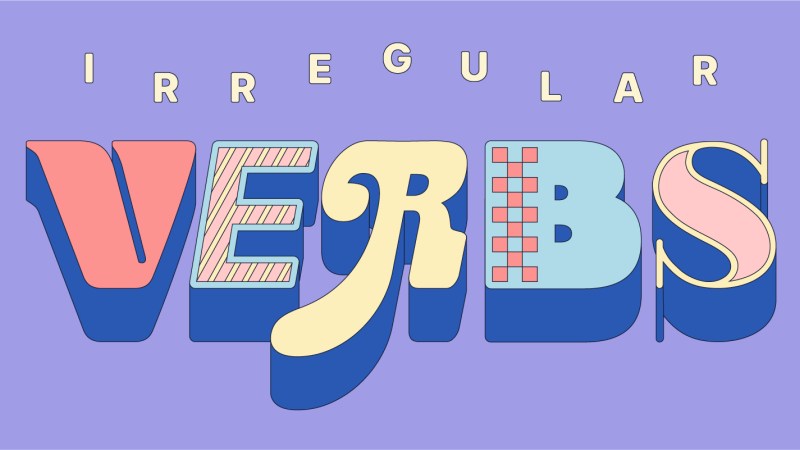
many/much 的用法
many 用于复数可数名词之前, much 用于不可数名词之前
我们在复数(可数)名词之前使用 many ,在不可数名词之前使用 much。它们常用于否定句和疑问句之中,不太用在肯定句中。
There isn’t much water in the cup. 杯子里没有多少水。
Were there many students in the theater? 剧院里有很多学生吗?
too much/too many, so much/so many
注意 我们在肯定句中并不常使用 much/many ,但是,我们可以用 too much 和 too many 或 so much 和 so many 在肯定句之中。
There’s too much cheese in the pasta. 意大利面里的奶酪太多了。
You drink too many soft drinks. 你喝了太多软饮料。
There were so many tourists that we decided to go home. 游客太多,我们决定回家。
She ate so much raw fish that it made her vomit. 她吃了太多生鱼,以致让她呕吐。
how much/how many
我们用 how much 和 how many 来询问事/物的数量。
How many islands have you ever visited? 你去过多少个岛屿?
How much money have you spent today? 你今天花了多少钱?
a lot of/lots of/plenty of 的用法
使用于复数可数名词及不可数名词之前
我们在复数(可数)名词之前使用和不可数名词之前使用 a lot of, lots of (比较口语化), 或 plenty of。这三个词组常用于肯定句。
She took a lot of time taking a bath . 她花了很多时间洗澡。
They took lots of good pictures yesterday. 他们昨天拍了很多好照片。
She got plenty of money to spend today. 她今天有很多钱可以花。
我们一定要记得,a lot of 或 lots of 这两组词组最后含 of ,一定要放在名词之前,不能放在句子的最后面。然而, a lot or lots (都没有加 of) 这两组词组则是可以放在句子的最后面,来表示”很多”的意思。
‘How many cakes did you have?’ ‘I’m not sure; I think I had lots/a lot.’ “你吃了多少蛋糕?” 我想我吃了很多。 I think he loves cars a lot. 我认为他非常喜欢汽车。
I don’t want to answer any more questions. I’ve had plenty. 我不想再回答任何问题了。我回答很多了。
(a) few/(a) little/a bit of 的用法
few 只能用在复数可数名词之前, little 只能用于不可数名词之前
我们在复数(可数)名词之前使用 (a) few ,在不可数名词之前使用 (a) little 或 a bit of(比较不正式/比较口语化)。它们均可用于肯定句,否定句和疑问句之中。
I got a few friends in the city when I moved. 我搬家时在城里交了几个朋友。
He always gets good results with very little effort. 他总是用很少的努力就能取得好成绩。
Would you mind putting a bit of salt in the food? 你介意在食物里放一点盐吗?
何时用few 或 a few? little 或 a little?
A few/ a little都是用来说明”还有一些,数量不多,但还够用”。
few/ a few只能用在复数可数名词之前, little/ a little只能用于不可数名词之前。
Few 是用来说明”还有一点儿,但几乎都没了,不够用”。
一般来说,A few/ a little (前面有a) 和few/little (前面没有a)最大的差异是在于前者是用正面表述(少,但东西还够用),后者是负面表述(少,而且东西不够用)。比较:
There’s little milk in the fridge; we have to buy more. (=Not enough; we need more) 冰箱里的牛奶很少; 我们必须购买更多。 (表示还不够;我们需要更多)
‘Shall I buy some beers?’ ‘No, it’s OK, there are a few in the fridge.’ (=Enough; we don’t need more) “我要不要买些啤酒?” “不用,没关系,冰箱里有一些。”(表示够了;我们不需要更多)
‘Do you speak English?’ ‘No, I speak very little English.’ (=Negative) “你会说英语吗?” “不,我说的英语很少。”(表示否定)
‘Do you speak English?’ ‘Yes, I speak a little English.’ (=Positive)“你会说英语吗?” “是的,我会说一点英语。”(表示肯定)
some/any/no 的用法
我们在肯定句中用some,在否定句及疑问句中用any。
There isn’t any food left in the refrigerator. 冰箱里没有食物了。
Have you received any news from your family? 你有没有收到家人的消息?
I have some tickets for you. 我有几张票给你。
我们在肯定句中用 no。
There are no biscuits left. 没有饼干了。
I have no questions to ask. 我没有问题要问。
皆可使用在复数可数名词之前及不可数名词之前
Some, any 和 no皆可使用在复数可数名词之前及不可数名词之前。但如果用在可数名词之前,此可数名词必须是复数的。
Are there any students in the classroom? 教室里有学生吗? (不能说 Is there any student in the classroom?)
There are no students in the classroom. 教室里没有学生。
在疑问句中,我们用 some (不是any)来形容提供”一些”帮助及要求他人给予”一些/一点”事/物。
Would you like some help? 需要一些帮助吗?
Can I have some tea, please? 请问我可以喝一点茶吗?
None 的用法
None 是代名词。它就是代表了”零”,什么都没有。我们在肯定句中用它来当代名词,取代可数名词及不可数名词。这也就是说None的后面不会再接名词了。
Any car is better than having none. 有车总比没有车好。
How much money did you receive? ‘None.’ 你收到多少钱? ‘没有任何。 ‘
none of 没有任何一个
我们也可以用 none of + 名词 (可数或不可数) 。
None of the questions were answered. 没有任何一个问题得到回答。
much, many, a lot, little, few, some, any, no – 练习题



Comments